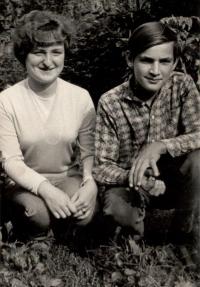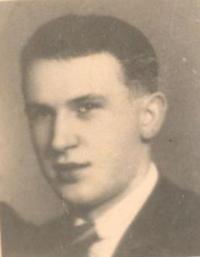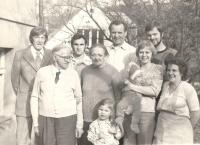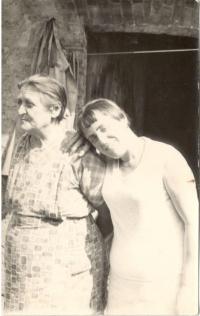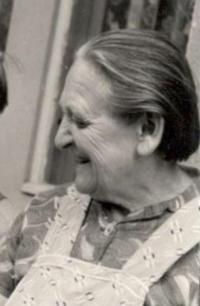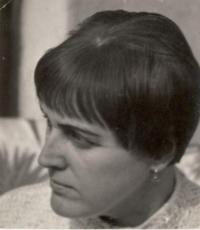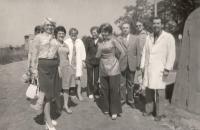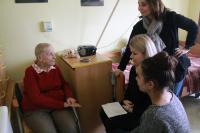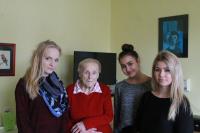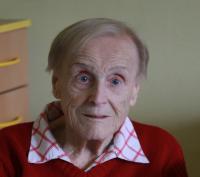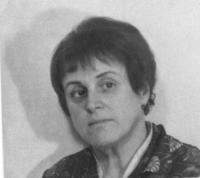After 1948 it came to a halt...
Helena Pražáková, née Šteflová, was born on June 15, 1928 in Byšice, Mělník district. The life of her family was affected by both totalitarian regimes of the 20th century. As a child she witnessed the arrival of the Nazi occupying army and her brother was sent to Austria to do forced labour. Her fear of the war became even more intense when the father of her classmate was executed in the period of terror following Heydrich’s assassination. When she was a young girl, Helena did not have much time to enjoy the years of peace and she did not support the coup d’état in February 1948. Their family farm was confiscated by communists. Helena married in 1950 and she describes this year as a horrible time. She has never become a member of the Communist Party. Her husband was demoted from his managerial position in a dairy factory due to his unfavourable political-personal profile and subsequently he did manual work in the company Spolana, and their children faced problems when trying to continue with their studies. She tragically lost her son in 2000.

